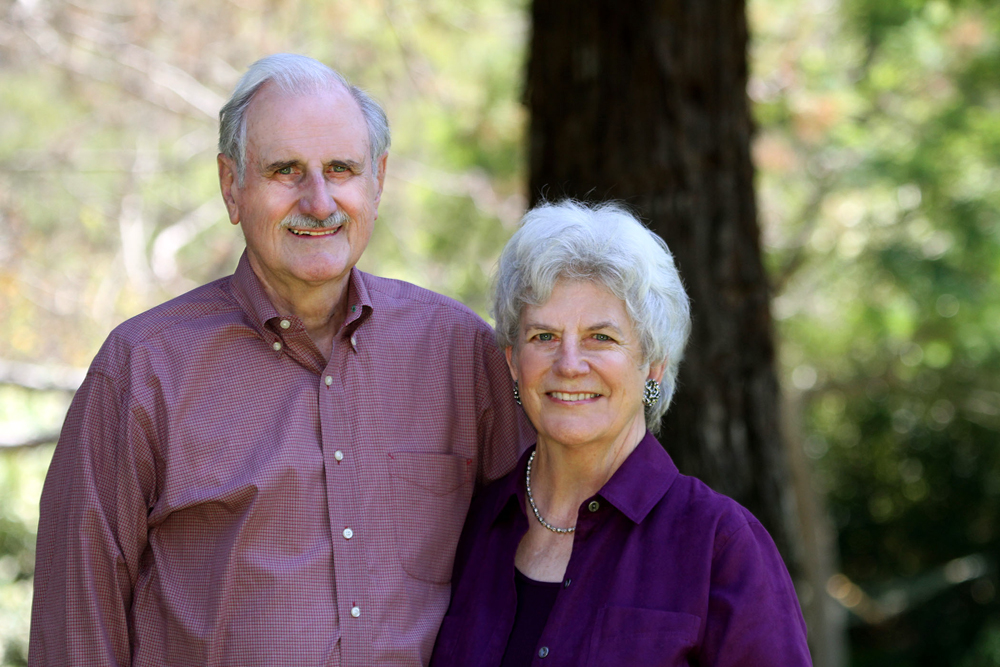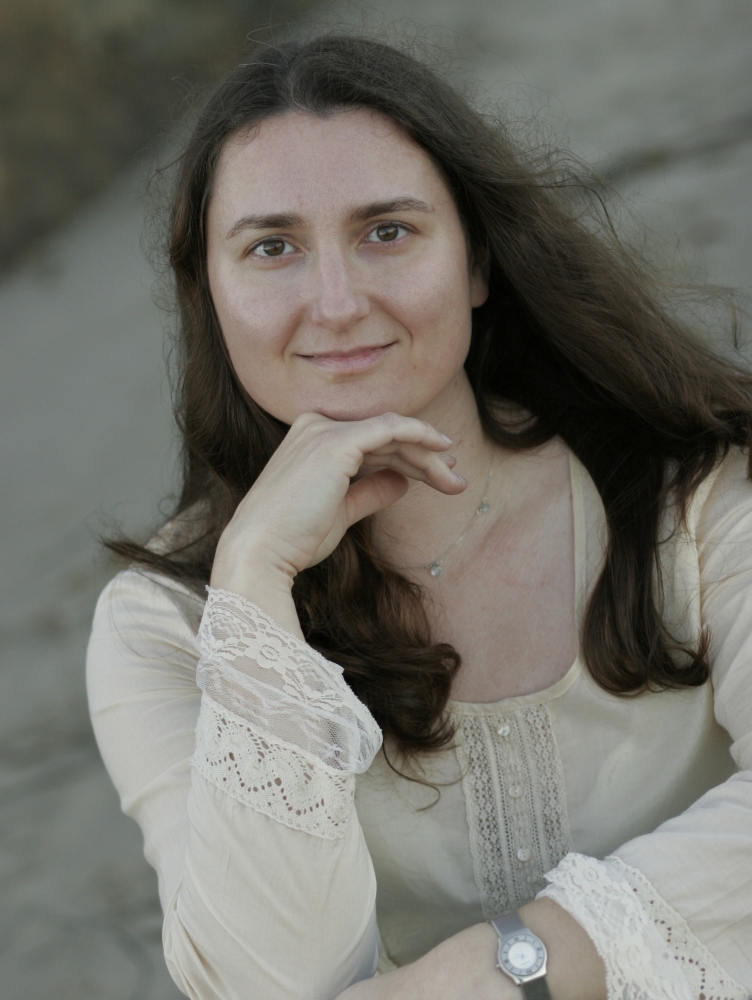
New Mellichamp Endowed Chair Cluster at UCSB Focuses on Sustainable Manufacturing

A new cluster of faculty chairs has been established at UC Santa Barbara as a joint endeavor by deans Rod Alferness, Steve Gaines and Pierre Wiltzius. The new cluster of Mellichamp Chairs in Sustainable Materials and Product Design is made possible by longtime supporters Duncan and Suzanne Mellichamp.
“Sustainability in manufacturing is an important concern for society on many levels,” commented Alferness, dean of UCSB’s College of Engineering. “This newest Mellichamp cluster recognizes that UCSB is the ideal environment for researchers in chemistry, materials, environmental science and other disciplines to approach the sustainability of the chemical industry from scientific, pragmatic and conscientious perspectives.”
The cluster is divided into four areas: green chemistry, sustainable manufacturing, the economics of sustainable technologies and sustainable catalytic processing. Susannah Scott, professor of chemical engineering and of chemistry and biochemistry, will hold the Mellichamp Chair in Sustainable Catalytic Processing. Faculty appointments to the other three endowed chairs are yet to be determined.
“Modern societies depend on a ready supply of raw materials such as minerals and metals, in addition to energy, to construct their built infrastructure, ranging from the most basic to the most advanced technologies, and to provide food, energy and clean water,” explained Scott. “The focus of the new Mellichamp cluster will be to ensure that these needs can continue to be met through more efficient use, recycling and, where necessary, substitution of critical elements.”
The faculty in each of the endowed chairs will be working synergistically to advance research and understanding in the realm of manufacturing and processing — from the use of finite raw materials to optimal and environmentally responsible methods of processing. While science and engineering research and faculty will be key components to the chairs, cross-disciplinary work will reach into other areas of the campus, including media and communications.
“This new cluster is a wonderful example of the collaborative spirit among several entities across campus,” commented Wiltzius, dean of Mathematical, Life and Physical Sciences. “The four new chair holders will bring cohesion to a very important societal research topic where UCSB has formidable competency already.”
New course offerings are anticipated to come from the formation of the newest Mellichamp academic professorships. Aligned with the study of sustainable materials and product design, these courses include studies in global element cycles, principles of green chemistry, decision-making and optimization, assessment of economic drivers for change and communication among stakeholders. These and other new courses will result in a cohort of broadly interdisciplinary graduates, well versed in science, technology, sustainability, and social and economic issues.
“We are excited about the Mellichamps’ vision of a collaborative cluster that seeks solutions in sustainable manufacturing by combining faculty in the environment, engineering and sciences,” said Gaines, dean of the Bren School of Environmental Science & Management.
“Suzanne and I are so pleased that sustainability was chosen as a program emphasis area at UCSB using our third endowed chair cluster,” said Duncan Mellichamp, UCSB professor emeritus in the Department of Chemical Engineering. “We are also pleased that the effort will include important environmental considerations via the Bren School participation. We know Professor Scott and her deserved reputation for leadership in sustainable chemistry and engineering. Her group’s proposal is now the campus choice for development of a top-ranked new program over the lifetime of this cluster. That tells us much — both about the new, broader selection process developed by former Executive Vice Chancellor Gene Lucas and the prospective long-term importance to the campus of the academic program-building model we have set up.”
The creation of the newest cluster brings the total number of endowed Mellichamp chairs to 13. A unique structure of endowments in the UC system, the Mellichamp chairs are the gift of UCSB Professor Emeritus Duncan Mellichamp and his wife, Suzanne. Three coordinated clusters of four chairs apiece are allocated to different and wide-ranging areas of emphasis and last a cycle of 15 years before the endowment is reallocated to fund a new cluster of chairs in another emerging and promising academic area. The other two clusters of chairs concentrate on systems biology (established in 2003) and on globalization (2008). The couple endowed a single chair in process control in 2001.



